BREATH FOR THE BRAIN
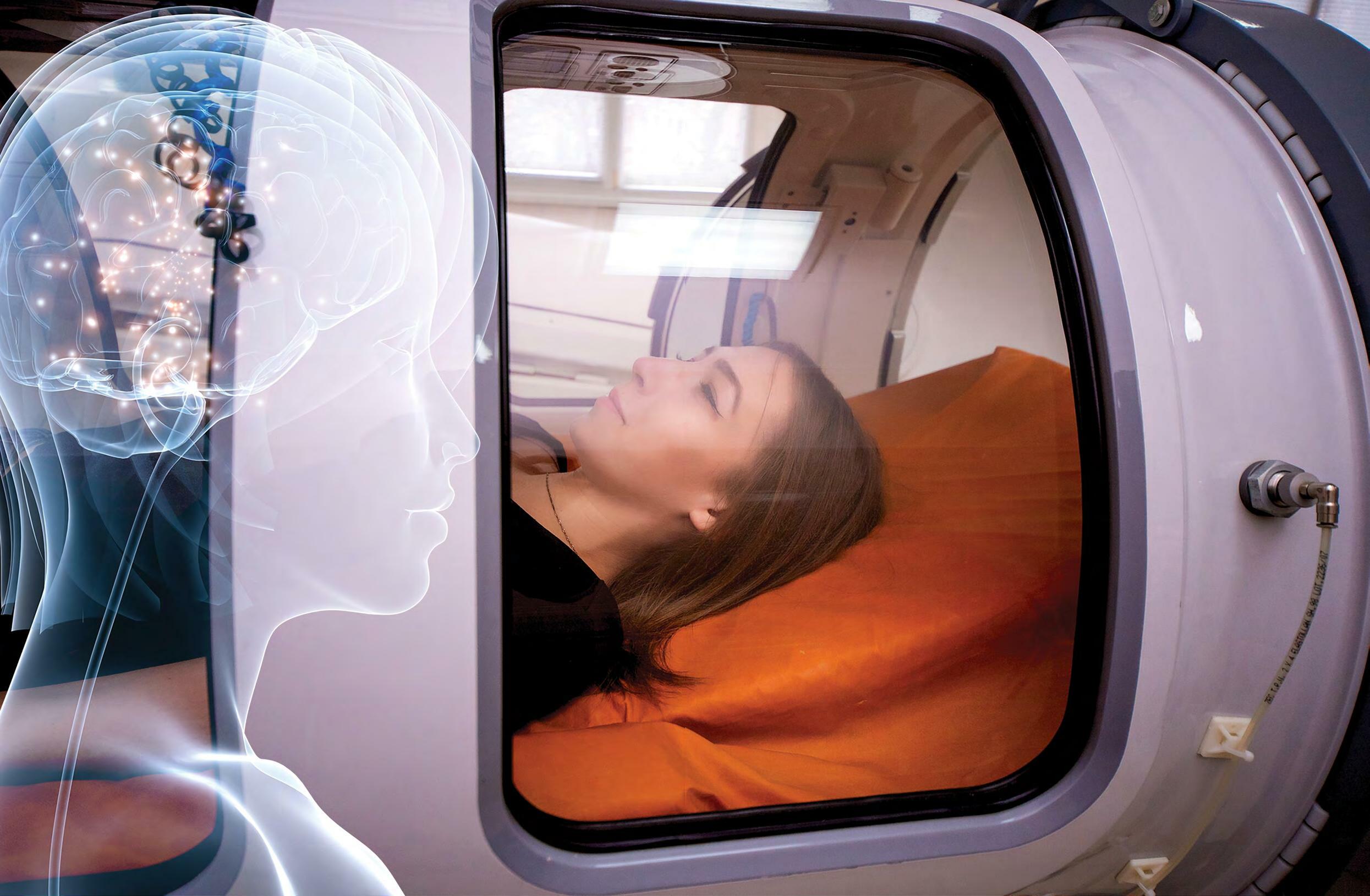
Keren Trebelsi, a 46-year-old mother of two and CEO of an international cosmetics company, was on a flight from South Africa to Israel two years ago when she began to feel unwell.
By the time the plane landed, she was “really not well.” Her husband rushed her straight to the hospital, where she was admitted for an ischemic stroke in the right side of her brain.
The left side of her body was paralyzed, and after she underwent a three-hour surgery, the prognosis was not good, she recalls. “They weren’t optimistic. They thought it didn’t look good at all.”
In the months following her stroke, the paralysis in her arm and leg became less concerning than the changes she noticed in her mental function. “It was almost like my mind was playing ping-pong. I was feeling so stupid all the time,” she says. “Filling a form on the internet was such a struggle.”
Keren wondered how she could ever go back to work and function. “I was like, oh my gosh, how will I ever be able to cope in life? It was very, very scary.”
Fortunately, she happens to know Shai Efrati, a professor at the Sackler School of Medicine at Tel Aviv University (TAU). Efrati is a leading researcher in the field of raising oxygen concentration in patients with brain damage. He’s also a founding director of the Sagol Center for Hyperbaric Medicine and Research, which treats up to 200 patients with hyperbaric oxygen each day. He got Keren into hyperbaric oxygen therapy.
The healing power of oxygen
Esta historia es de la edición Aug/Sep 2023 de What Doctors Don't Tell You Australia/NZ.
Comience su prueba gratuita de Magzter GOLD de 7 días para acceder a miles de historias premium seleccionadas y a más de 9,500 revistas y periódicos.
Ya eres suscriptor ? Conectar
Esta historia es de la edición Aug/Sep 2023 de What Doctors Don't Tell You Australia/NZ.
Comience su prueba gratuita de Magzter GOLD de 7 días para acceder a miles de historias premium seleccionadas y a más de 9,500 revistas y periódicos.
Ya eres suscriptor? Conectar
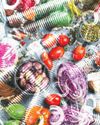
Metalhead
Could toxic heavy metals be making you ill? Here's how to spot the signs and symptoms, says Dr Leigh Erin Connealy, and your action plan for effective detox

Good bones
There's a lot of fearmongering when it comes to the risk of fractures in older women, says Marcelle Pick. Here's what you need to know and how to look after your bones naturally
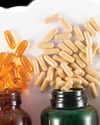
Supplements in the spotlight
Confused about supplements? Dr Jenny Goodman has the lowdown on why we need them, how to choose a top-quality product and the ingredients to avoid
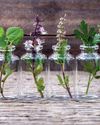
Essentially balanced
These essential oils can help you soothe stress, balance your hormones and feel like your best self again

An integrative approach to breast cancer
Blending the best of integrative medicine with the best of conventional medicine gives the greatest chance of healing breast cancer, says Dr Leigh Erin Connealy
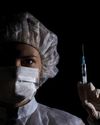
THE NEEDLE'S EDGE
An intriguing new theory says it's not what's in the jabs but how the needles are inserted that explains the rampant and varied Covid vaccine damage. Celeste McGovern investigates the Bolus Theory
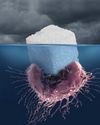
How sugar causes cancer
Amajor breakthrough in cancer research has discovered that sugar-usually from fast food-switches off our cancer-fighting genes

The illusion of the magician
Howrelative risk makes a drug seem effective when it’s not

Of pesticides and PMS
Detoxing from a hormone-disrupting herbicide, along with getting the right nutrition, was the answer to a patient’s debilitating PMS, says Dr Jenny Goodman
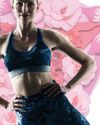
Not just a phase
Is your workout working against your hormones? Debra Atkinson explains why and how to exercise with your hormonal cycle for the best results
